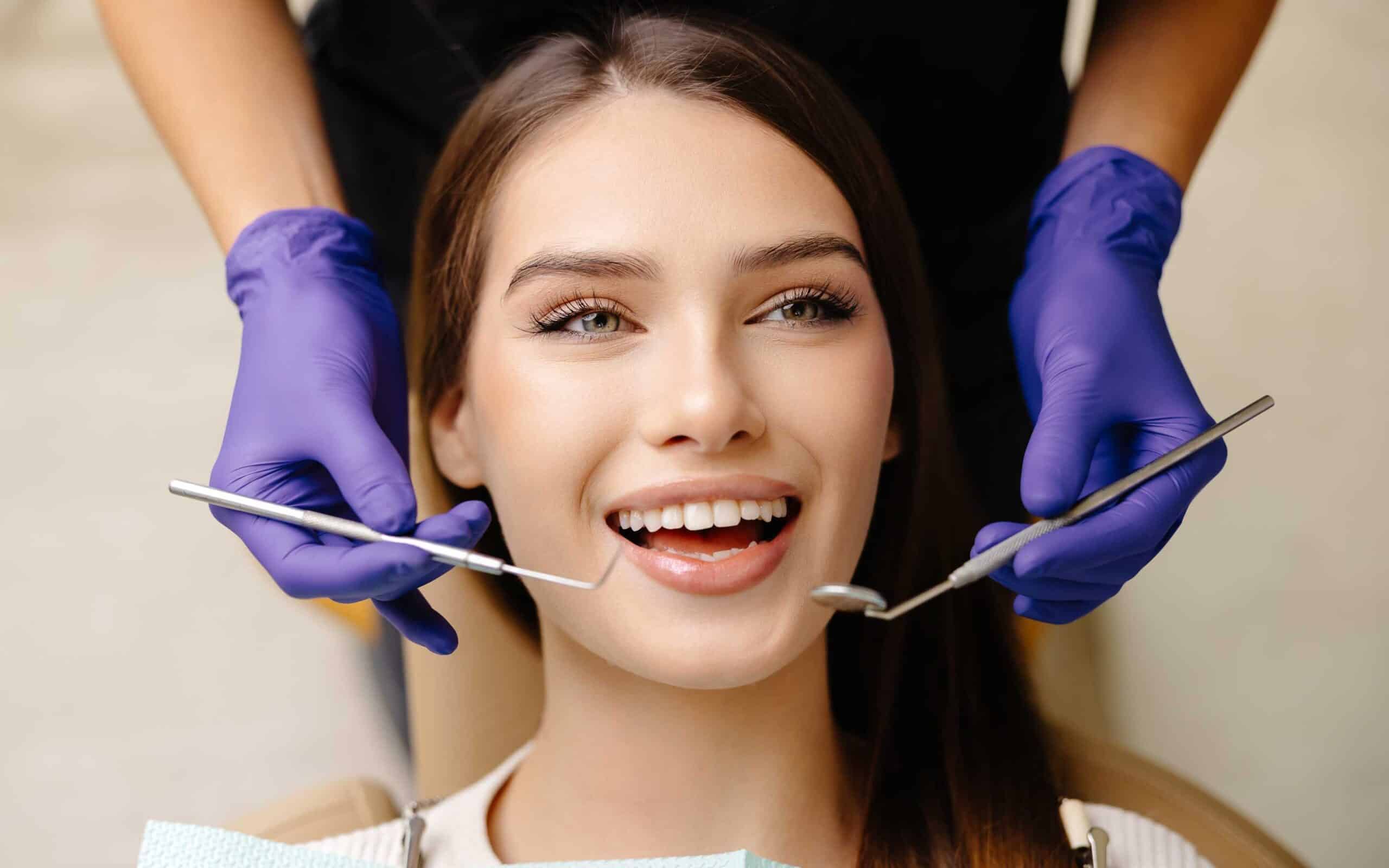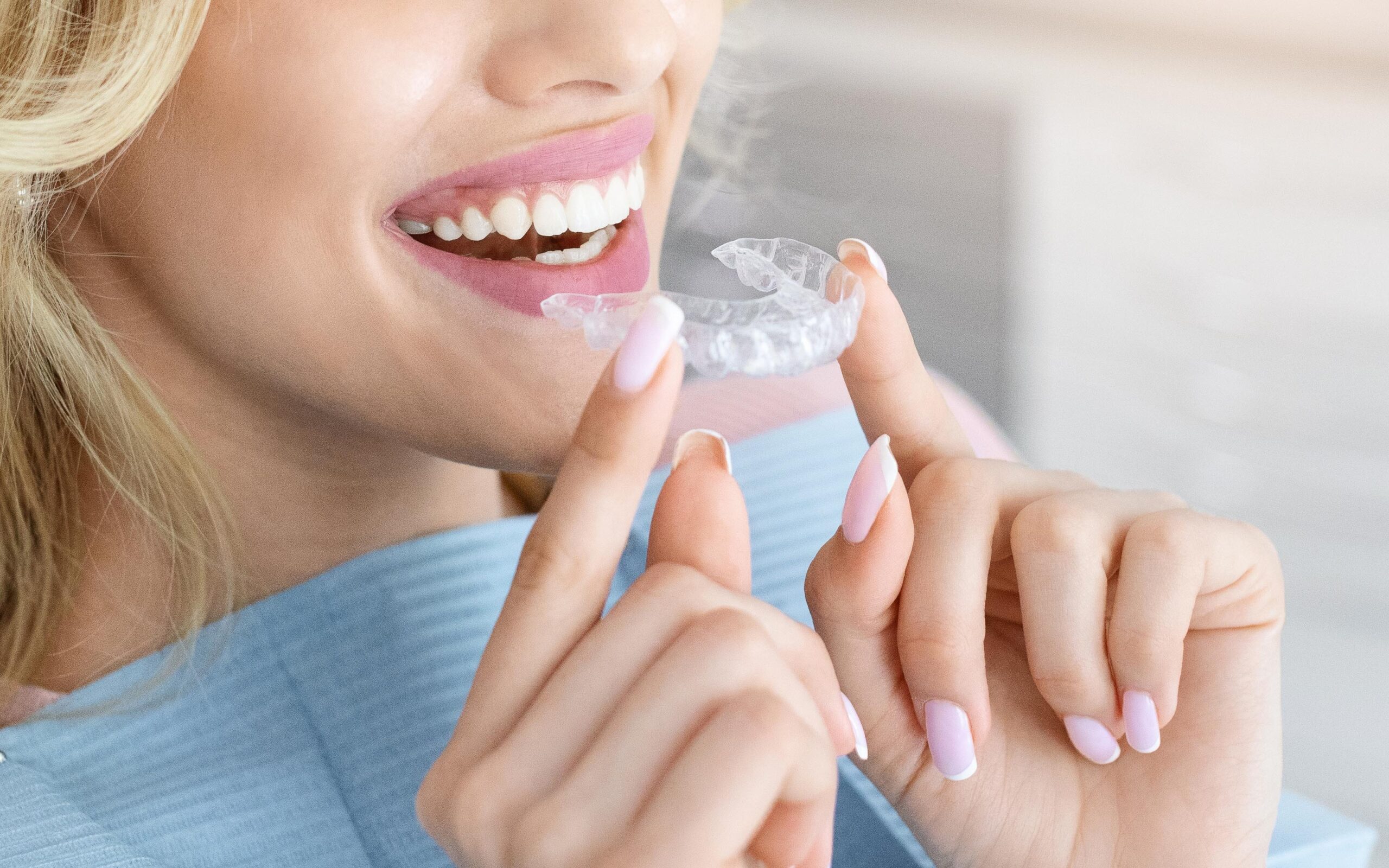No Dental Insurance? Affordable Dental Care Options
Not having dental insurance is more common than many people realize. Whether you are self-employed, between jobs, retired, or covered by a plan with limited benefits, dental care can start to feel financially out of reach. The good news is that affordable dental care does not have to depend on traditional insurance. Dental membership plans … Continue reading “No Dental Insurance? Affordable Dental Care Options”












